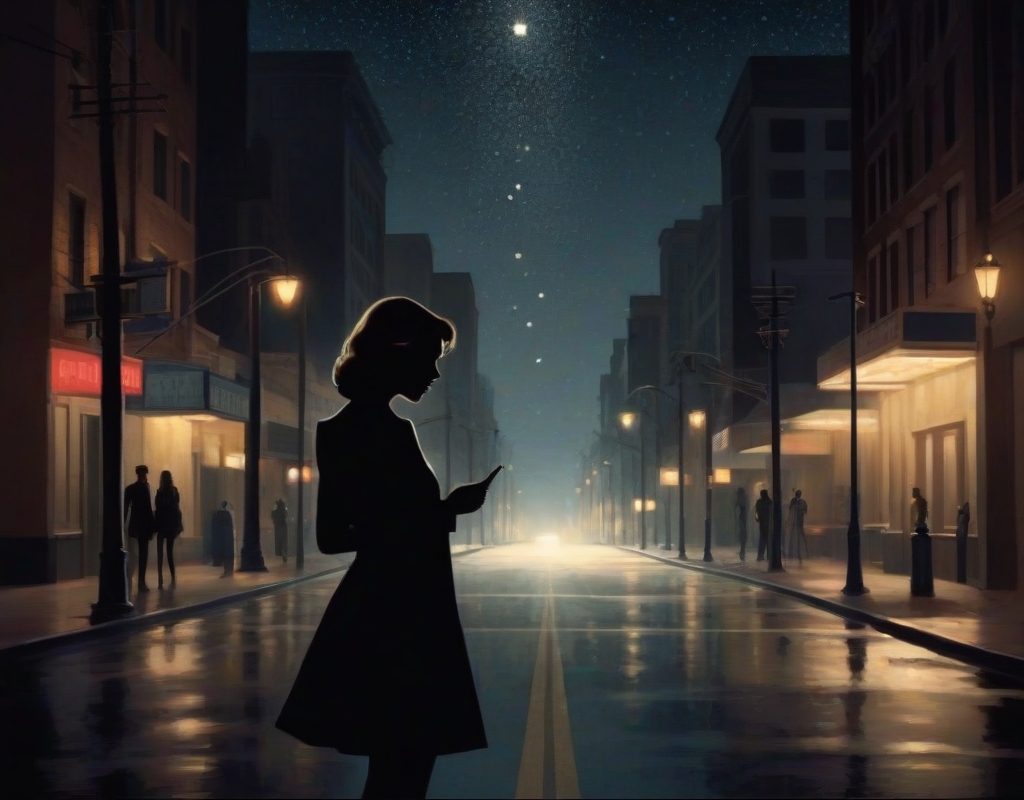In the relentless and often unpredictable realm of Hollywood, facing rejection is not merely a hurdle—it’s a powerful instrument that can guide one towards better opportunities and personal growth. Whitney Cummings, a celebrated comedian and television producer, recently unveiled such insights through Sabrina Carpenter’s audition story for the role of Harris Conner-Healy in the ‘Roseanne’ remake, which eventually transitioned into ‘The Conners.’ Initially seen as a setback, Carpenter’s eventual non-selection became a critical pivot point for her now thriving career, illustrating the profound impact of industry rejection.
Sabrina Carpenter, who first captured hearts on Disney Channel’s ‘Girl Meets World,’ has transitioned into a noteworthy pop musician. Cummings candidly expressed relief over the casting outcome, stating that it was fortuitous that Carpenter wasn’t confined to a sitcom trajectory, which allowed her to explore her musical talents more freely. “Thank God we said no to her,” Cummings expressed, acknowledging that the rejection freed Carpenter to shape a career defined by her music rather than a singular role on television.
In Hollywood, encountering rejection is a commonality that affects actors irrespective of their fame or stage in their career. Cummings’ take on the matter is rather insightful; she suggests viewing rejection not as a detriment but as an essential navigation tool. According to Cummings, receiving a ‘yes’ could sometimes chain an actor to projects that may restrain their creative abilities or derail their intended career path, emphasizing that, “Sometimes a yes is the worst thing you can get, because then you’re stuck on the wrong show for seven years.”
Such turns of fate are not uncommon in the film and TV industry. Many formidable actors, such as Emma Watson post-‘Harry Potter,’ veered towards diverse pursuits from acting to activism, shaped by the roles they missed rather than those they secured. The numbers tell a similar story; a survey by the Screen Actors Guild highlighted that about 95% of actors experience frequent rejection. Yet, it’s these rejections that often steer them toward pathways better suited to their skills and career aspirations.
In her own career, Cummings has embraced strategic rejections to channel her energies towards more suitable, impactful projects like ‘Whitney’ and ‘Two Broke Girls,’ among others. The ability to say no, she found, was just as crucial as accepting roles, underscoring a broader industry truth wherein missing out can often protect one from mismatched commitments.
Jessica Stone, a seasoned Hollywood casting director, concurs, pointing out the unpredictable nature of entertainment careers. “The entertainment industry is cyclical and unpredictable. A missed opportunity often signifies the potential for bigger, more suitable roles in the future,” explains Stone. These insights are vital for budding artists to persevere, adapt, and align their efforts with roles that resonate with their authentic artistic expressions.
The dynamics of rejection and opportunity are not solely pertinent to actors but echo across all creative fields. In today’s digital era, traditional gatekeeping is diminishing, allowing artists to leverage platforms like YouTube and Instagram to independently build their following and articulate their vision. Sabrina Carpenter, for instance, has cultivated a robust online presence and a committed fanbase, showcasing her music directly to her audience without intermediary filters.
For those aspiring to break into the demanding world of acting or music, Carpenter’s journey serves as an empowering case study. It highlights the importance of resilience and the perspective shift needed to view rejection as a guide rather than a failure. Career coach Melissa Confair shares that “Every rejection is a step closer to finding the right fit. Persistence, patience, and passion are the keys to longevity and success in any artistic field.”
Ultimately, Whitney Cummings’ reflection on Carpenter’s journey with ‘The Conners’ teaches a vital lesson: rejection molds and refines career paths in ways that are often hard to foresee but essential for growth. This understanding underscores the significance of perseverance, making strategic career choices, and maintaining confidence in one’s abilities. As demonstrated through varied narratives in Hollywood, sometimes the most fulfilling paths are those that come from the road not initially chosen, crystallizing the transformative power of rejection in carving out a successful and satisfying career.




